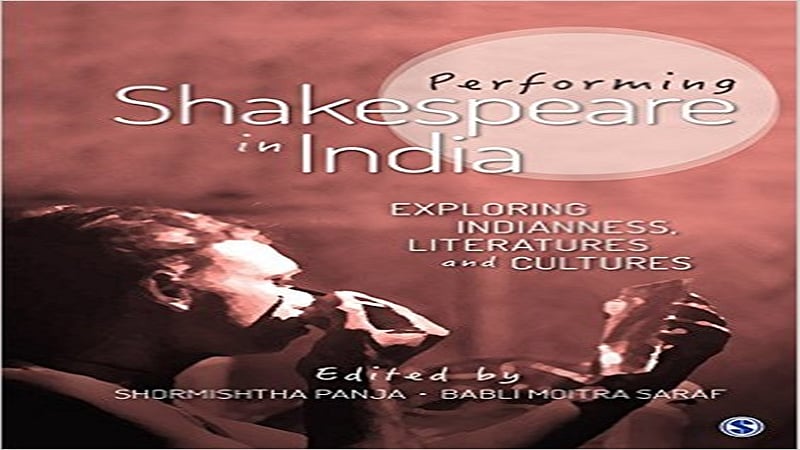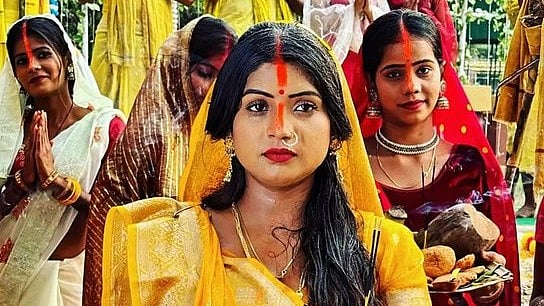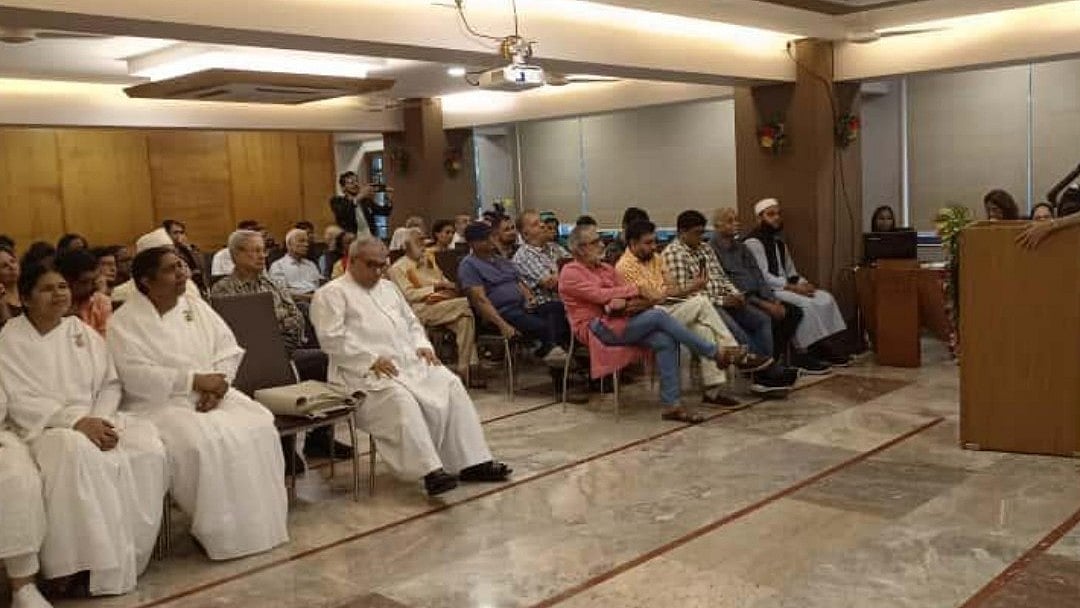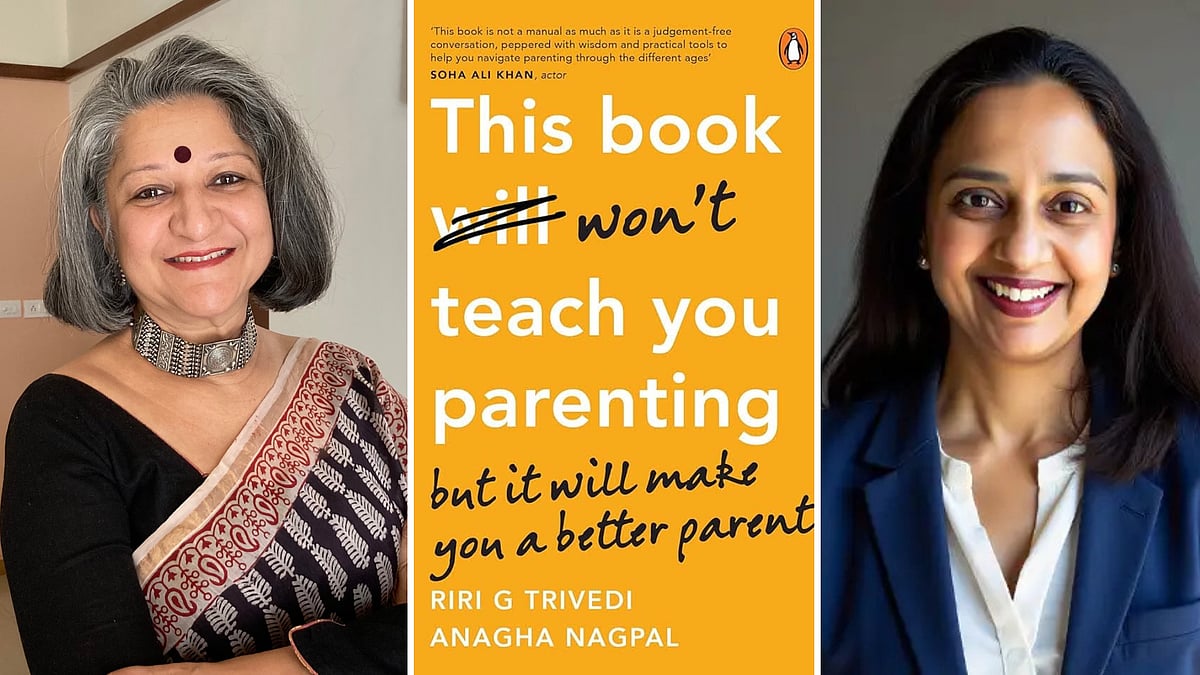Book: Performing Shakespeare in India
Edited by: Shormishtha Panja, Babli Moitra Saraf
Price: 446 (Hardcover)
Pages: 268
ISBN: 978-93-515-0974-5
All the world’s a stage,
And all the men and women merely players;
They have their exits and their entrances,
And one man in his time plays many parts.
Shakespeare’s words from ‘As You Like It’ claim the entire world as a stage for a performance, but did the bard really talk about the entire world? What about that part of the world which is so different from the world Shakespeare lived in? What about India? Does performing Shakespeare in India mean anything to its colonial and post-colonial subjects? Shormishtha Panja and Babli Moitra Saraf evaluate the complex question of ‘Why Shakespeare?’ in a series of essays written with the idea of exploring the ‘Indianness’ in Shakespeare.
In the introduction the author quotes:
‘Why Shakespeare? Shakespeare for whom? Who Knows Shakespeare? What is the use of Shakespeare? How is Shakespeare deployed? Each of these questions is an enterprise unto itself, embedded in the long history of colonial rule, the struggle against it and the negotiation of post-colonial identities, which in the case of India also imply the emergence of regional identities around the question of language and linguistic empowerment.’
What Shakespeare meant to India cannot be a simple close ended question. For the Bengali Bhadralok (gentlemen) Shakespeare embodied the idea of a Bishwokobi(world poet) but there are other schools of thoughts that refute the idea completely stating that Shakespeare is a sign of neo-colonial hegemony, something that the colonial rulers slyly used to make their Indian subjects docile and obedient. But fact remains that Shakespeare has been integral to India for far too long. It was taught in the Indian universities before it was introduced in English universities. So it might be denounced but can it be ignored?
Through the essays the authors identify various themes, whether unique to Shakespeare or explored by other artists. The first essay discusses illustrations of Shakespeare’s plays. Certain vivid scenes of the bards most famous creations are considered which includes Hamlet and his Fathers Ghost illustration, (Shakespeare Golpo, Tragedy o comedy Ekotre, Sri Bimal Dutta, B Sarkar) where the fathers ghost is depicted with a conical cap and its eyes stare upward, and it doesn’t make eye contact with Hamlet. Its right hand crosses over its chest signifying truthfulness and its shoes are that of a typical Indian ‘Nagra’. Mitra tries to create something otherworldly by simply not following the text, he removes the armor from the ghost and borrows from the Indian tradition.
Another essay discusses plays that were performed at the world Shakespeare festival. One of the plays was an adaptation of the Twelfth Night titled Piya Behrupiya. The play keeps all the names from the original, the play still happens in Illyria, the characters retain their names of Orsino, Viola and Olivia. But all these characters retain their Indianness. So Sebastian retains his own Punjabi to make a character that Kumar terms as ‘Glocal’. The mixture of the two makes a theatrical device that transcends borders and makes Shakespeare accessible to a larger sensibility. The trend of performing Shakespeare in the recent past has been of this nature. “From the nineties Indians have felt freer to approach Shakespeare. There is no longer the need to ‘adapt’, rather they can make bold to ‘play’ around with Shakespeare’s text, with what was once the colonial book, and deconstruct it for their own needs.”
Another essay deals with the use of the Shakespearean character of Othello in three Indian movies, namely Omkara, Saptapadi and Kaliyattam. Othello’s skin colour and through that his race or caste comes as a major theme in all these films. In the film kaliyattam, Othello is a Theyyam dancer, who eventually suffocates his wife to death on learning about her infidelity and immolates himself in the ritual fire of the Theyyam. In the film Omkara, Othello is a local goon who is awarded an electoral nomination and who in turn nominates Keshuv (Cassio) over Langda Tyagi (Iago). Tyagi eventually poisons the mind of Omkara about his bride to be, Dolly and Omkara smothers her to death and later kills himself. The character of Omkara in most cases is a hybridity where the Othello figure becomes a socio-political symbol for the victims of hegemonic structures.
The most remarkable effect Shakespeare has had is on Kolkatta which has made many adaptations of Hamlet. Each adaptation whether it be Asit Basu’s ‘Kolkatar Hamlet’ or it be Bratya Basu’s ‘Hemlat’ ot Bibhash Chakraboty’s Hamlet (2011) makes the bards work its own, and locates it in kolkata which becomes Hamlet’s Denmark in many ways. As the protagonist Avi explains (A corpse who rises from the dead and introduces himself as a theatre director) “Like Hamlet: Denmark is a prison”. The socio political tensions come into the equation become a natural part of the narrative, seamlessly.
The essays are written from an academic standpoint and reveal many philosophical arguments to showcase the reach of Shakespeare and the methods to adapt it. As the essays showcase a bond that exists between India and Shakespeare the answer of ‘Why Shakespeare?’ becomes increasingly complex. The works have retained a part of Shakespeare but elementally added something in them that the bard himself was aspiring for. Maybe the world did become a stage when these works were adapted and performing Shakespeare became a ‘Glocal’ affair.








